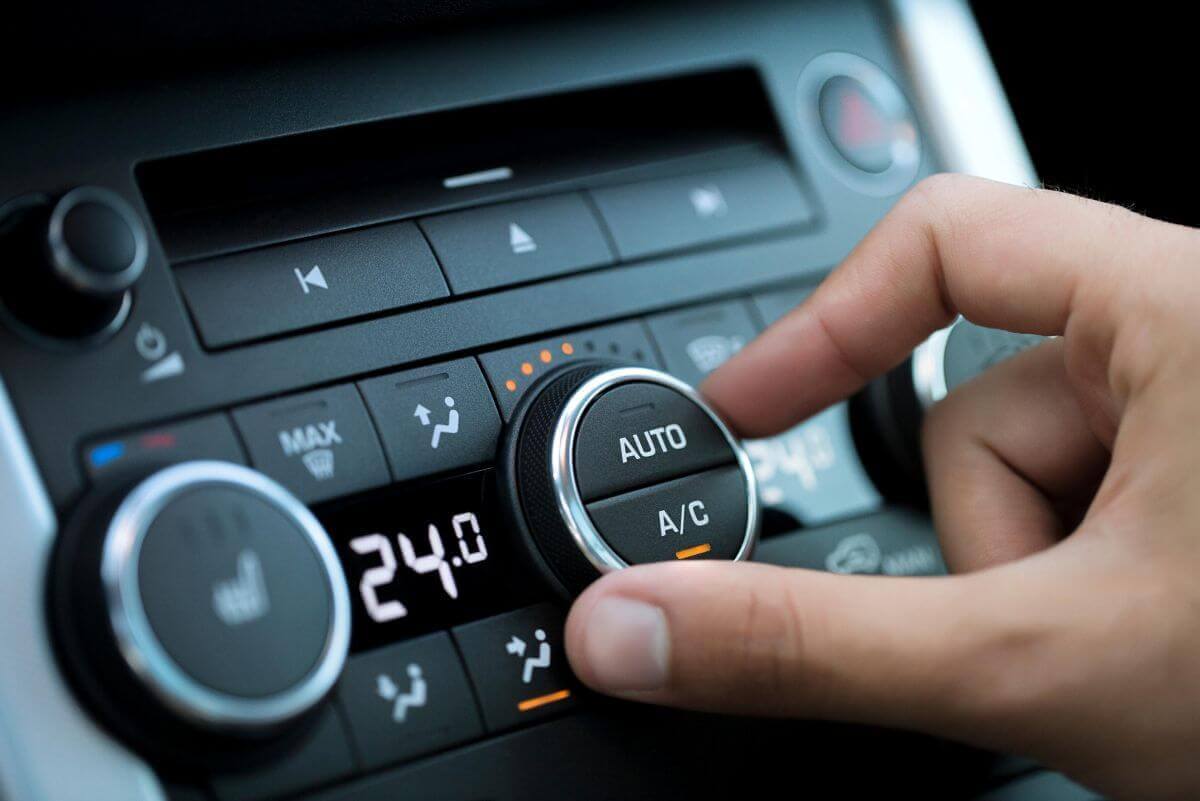Hybrid car batteries typically last between 8 to 15 years or approximately 100,000 to 150,000 miles. Manufacturers commonly provide warranties for 8 to 10 years, underscoring the battery’s general reliability.
However, several external and internal factors can significantly influence battery longevity. Environmental conditions such as extreme heat or cold are particularly impactful, accelerating chemical degradation and shortening battery life. For instance, consistently parking outdoors in severe weather conditions, whether sweltering heat or freezing temperatures, can reduce battery efficiency and lifespan.

Driving habits are equally crucial in determining battery health. Short trips and frequent stops and starts limit the battery’s ability to recharge fully, leading to quicker degradation. Conversely, regular, extended trips enhance battery longevity by allowing proper charging cycles through the hybrid system’s regenerative braking mechanism.
Routine maintenance also plays a pivotal role in maintaining optimal battery performance. Scheduled inspections can identify issues early, mitigating damage and extending the life of your battery.
Signs Your Hybrid Battery Needs Replacement
Hybrid car batteries degrade naturally over time, potentially impacting your vehicle’s performance and reliability. Understanding the common signs of battery failure is crucial in preventing sudden breakdowns and costly repairs.
One of the primary indicators of battery health deterioration is reduced fuel efficiency. If you find your hybrid vehicle increasingly relying on gasoline more than usual, it may signal declining battery efficiency. While hybrid cars typically excel in fuel economy, a significant drop often points directly to battery issues.

Dashboard warning lights offer another clear signal. Alerts specific to the hybrid system or battery status usually indicate the need for immediate attention. Ignoring these alerts could exacerbate underlying issues, leading to more severe damage.
Loss of vehicle power and responsiveness can also suggest battery deterioration. Hybrid cars rely on battery power to supplement gasoline engines, providing efficient acceleration. A noticeable decline in power or sluggish acceleration usually points to decreased battery performance.
Additionally, starting difficulties, particularly in cold weather conditions, indicate battery weakening. A struggling ignition process is often an early warning sign of declining battery health.
Lastly, battery overheating signifies potential issues. Excessive heat emanating from the battery compartment indicates that the battery might be compromised, requiring prompt professional inspection.
How Much Does Hybrid Battery Replacement Cost?
The cost of replacing a hybrid battery varies widely, typically ranging between $1,000 and $6,000. This variance depends heavily on your vehicle’s make, model, and the type of battery you select for replacement. Generally, popular hybrid models like the Toyota Prius have more affordable replacement options due to their market prevalence, whereas luxury hybrids tend to have more expensive batteries.

Several replacement options are available:
- New Battery: Although the most expensive option, a new battery offers the greatest reliability, longevity, and usually comes with comprehensive warranty coverage.
- Refurbished Battery: This cost-effective alternative uses rebuilt or reconditioned battery packs, providing a shorter lifespan compared to new batteries but at a significantly lower cost.
- Battery Repair: Some battery issues involve only specific modules within the battery pack. Replacing individual modules can be significantly less expensive and extend the battery’s overall life.
Additionally, many hybrid vehicles come with battery warranties that can last up to 10 years or 150,000 miles. Checking if your battery is still under warranty can substantially reduce or even eliminate out-of-pocket expenses for replacement.
How to Extend Your Hybrid Battery’s Lifespan
Maximizing your hybrid battery’s lifespan involves several proactive strategies. Regularly driving your hybrid vehicle can significantly enhance battery health. Prolonged inactivity or infrequent usage can degrade battery cells, leading to reduced performance. Ensuring your vehicle is driven consistently helps maintain battery charge levels and overall condition.
Driving behavior greatly influences battery longevity. Gentle acceleration and braking not only optimize fuel efficiency but also promote effective energy regeneration within the hybrid system. Avoiding aggressive driving habits helps maintain battery health by minimizing unnecessary stress on the system.

Temperature management is another crucial factor. Protecting your vehicle from extreme temperatures by parking in shaded or enclosed areas during hot summers and cold winters safeguards your battery against environmental damage.
Scheduling regular inspections and maintenance with hybrid-expert mechanics is essential. Professionals can detect subtle signs of battery degradation, perform preventative maintenance, and recommend proactive solutions, ensuring your battery remains in optimal condition for years.
Frequently Asked Questions (FAQ)
Can I drive my hybrid car with a failing battery?
Driving a hybrid car with a failing battery is not recommended. It poses risks such as unexpected breakdowns, reduced vehicle performance, and potential damage to other hybrid system components.
Does a hybrid battery need external charging?
No. Hybrid batteries recharge automatically through regenerative braking and energy generated by the engine. Unlike fully electric vehicles, hybrids do not require external charging from power outlets.
Should I replace my battery or buy a new car?
If your hybrid car is in good overall condition, replacing the battery is typically more cost-effective than purchasing a new vehicle. Battery replacement can extend your car’s life by several years, offering significant savings.
Is preventative battery maintenance available?
Yes, preventative maintenance includes regular diagnostic checks, temperature control measures, and consistent driving habits. These steps are crucial to extending battery life and preventing costly repairs.
Where can I replace my hybrid car battery in Newark, NJ?
EPR Auto Clinic in Newark, NJ, offers specialized hybrid battery diagnostic and replacement services. Our professional technicians use high-quality parts and advanced diagnostics to ensure reliability and satisfaction.
Conclusion
Your hybrid vehicle’s battery is fundamental to maintaining efficiency, reliability, and performance. Understanding its lifespan, recognizing early signs of failure, and adopting proactive maintenance practices can save significant money and prevent inconvenient breakdowns.
At EPR Auto Clinic, we specialize in caring for hybrid vehicles, providing precise diagnostics and reliable battery solutions tailored specifically for your car.
Don’t risk unexpected issues—schedule your hybrid battery inspection today, or explore more maintenance tips and valuable insights on our blog. We’re committed to keeping you on the road safely and confidently.


